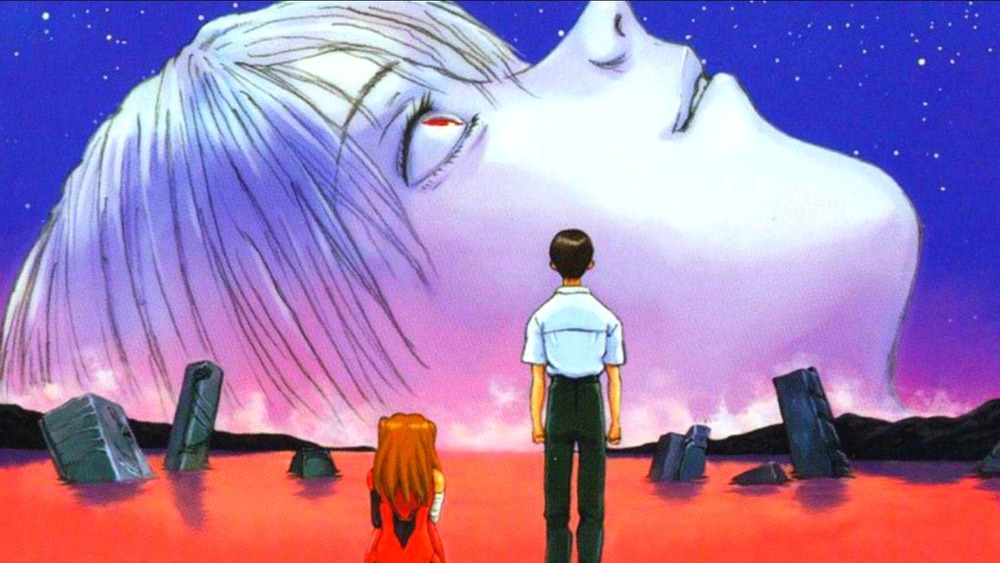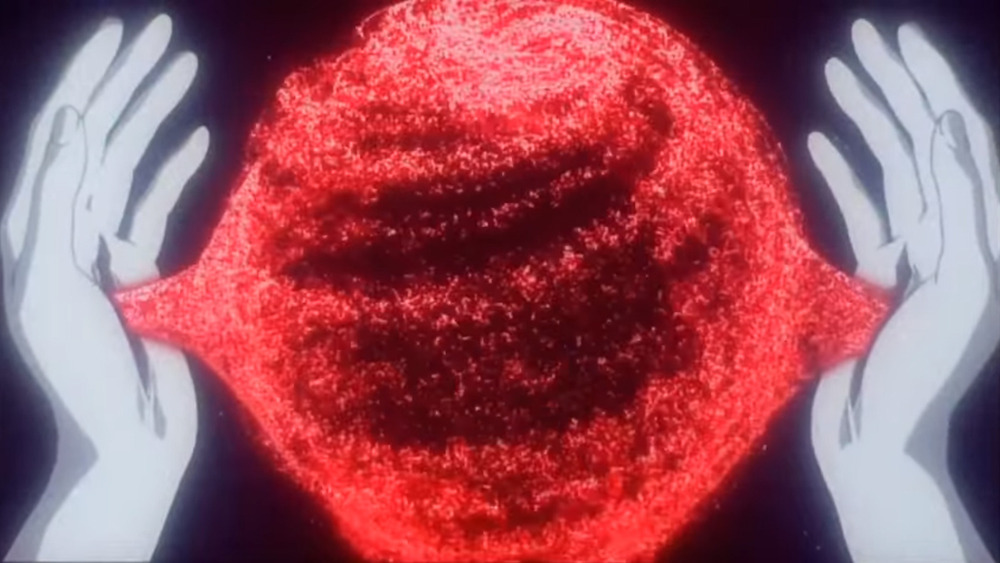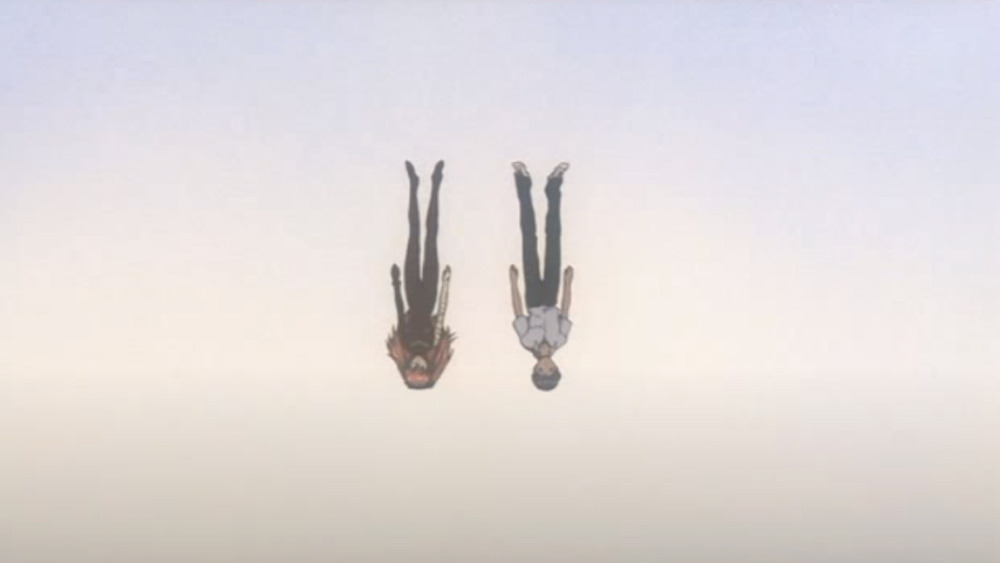The Ending Of End Of Evangelion Explained
The final two episodes of Neon Genesis Evangelion are, to put it reductively, unusual. While most of the series resembles a conventional mecha anime series like Mobile Suit Gundam or Gunbuster, its two-part conclusion is sparse, bizarrely animated, and comprised mostly of opaque philosophy. At the time of its release, some fans were more invested in the series' surface plot than the inner lives of its characters. They were disappointed that its ending appeared to sideline its story. Series creator Hideaki Anno received death threats from certain fanatics following the initial broadcast.
Justifications for the change in style have varied. One anonymous source claims the series was stripped down in its finale due to budget constraints, while Anno described it as simply "reflecting [his] mood at the time." The original conclusion of Evangelion eventually received a companion piece in The End of Evangelion, a film that covers the same broad strokes as the ending of its parent series. However, while the final episodes of Evangelion are lo-fi yet bizarrely uplifting, The End of Evangelion is lushly animated yet tonally bleak. The film seemingly acknowledges both the change in style and darkening of tone by including live action shots of some of the death threat letters Anno received. It's as if the film is daring those viewers upset with the original ending to acknowledge that End of Evangelion's bleakness is exactly what they wanted.
Let's dive deeper into the mind of the characters to truly understand The End of Evangelion.
Evangelion contains two kinds of instrumentality
In the world of Neon Genesis Evangelion, humans are descendants of an uber-being called Lilith. Both the original series finale and the film revolve around an apocalyptic event called Human Instrumentality, which merges all humans with Lilith into a single consciousness. Different factions in Evangelion want to bring about Human Instrumentality for different reasons throughout the series. In short, in both the series finale and End of Evangelion, Human Instrumentality begins, and at its center is protagonist Shinji Ikari.
The End of Evangelion offers a sort of revised, definitive version of the final two controversial episodes of Neon Genesis Evangelion. That said, the final moments of the series and its companion film are diametrically opposed. In Neon Genesis Evangelion, Shinji seemingly accepts Human Instrumentality. In its iconic final moments, the depressed and rudderless Shinji claims agency over his life for the first time. He then receives congratulations from the series' key characters, with whom his consciousness has merged.
In The End of Evangelion, Shinji rejects Instrumentality, and finds himself stranded on a desolate, post-apocalyptic Earth with only Asuka by his side. The ending of the series is hopeful in tone but bleak in implication, given that Shinji's newfound bliss appears to be a product of Instrumentality rather than his own free will. The End of Evangelion, then, presents a more hopeful future for Shinji, despite the literal destruction of nearly everything around him.
Shinji must accept humanity
Shinji's decision to reject instrumentality in The End of Evangelion is an actualization of the claim he makes to his own agency in Neon Genesis Evangelion's finale. Despite Shinji seeming to find direction in life in Evangelion's final moments, he remains an indistinct part of a collective consciousness. By rejecting his merging with Human Instrumentality The End of Evangelion, Shinji is not just claiming agency but accepting his humanity in its totality for the first time.
This triumph is immediately complicated when he attacks Asuka, his sole companion on Earth in the wake of Human Instrumentality. Asuka briefly shows affection for Shinji, brushing his cheek with her hand before calling him "disgusting" (the film's final line of dialogue). That moment is a reversal of Neon Genesis Evangelion's surface-level hope hiding intrinsic despair. Asuka labels Shinji appropriately, given that he acted in an infamously disgusting way earlier in the film. That said, Shinji seems to have accepted this about himself, claiming an individual human life despite knowing he is not a great person. By accepting the bad, like he experiences in the film's final moment, Shinji is ready to experience all the good his life as a human being has to offer, even if the planet is still doomed.


